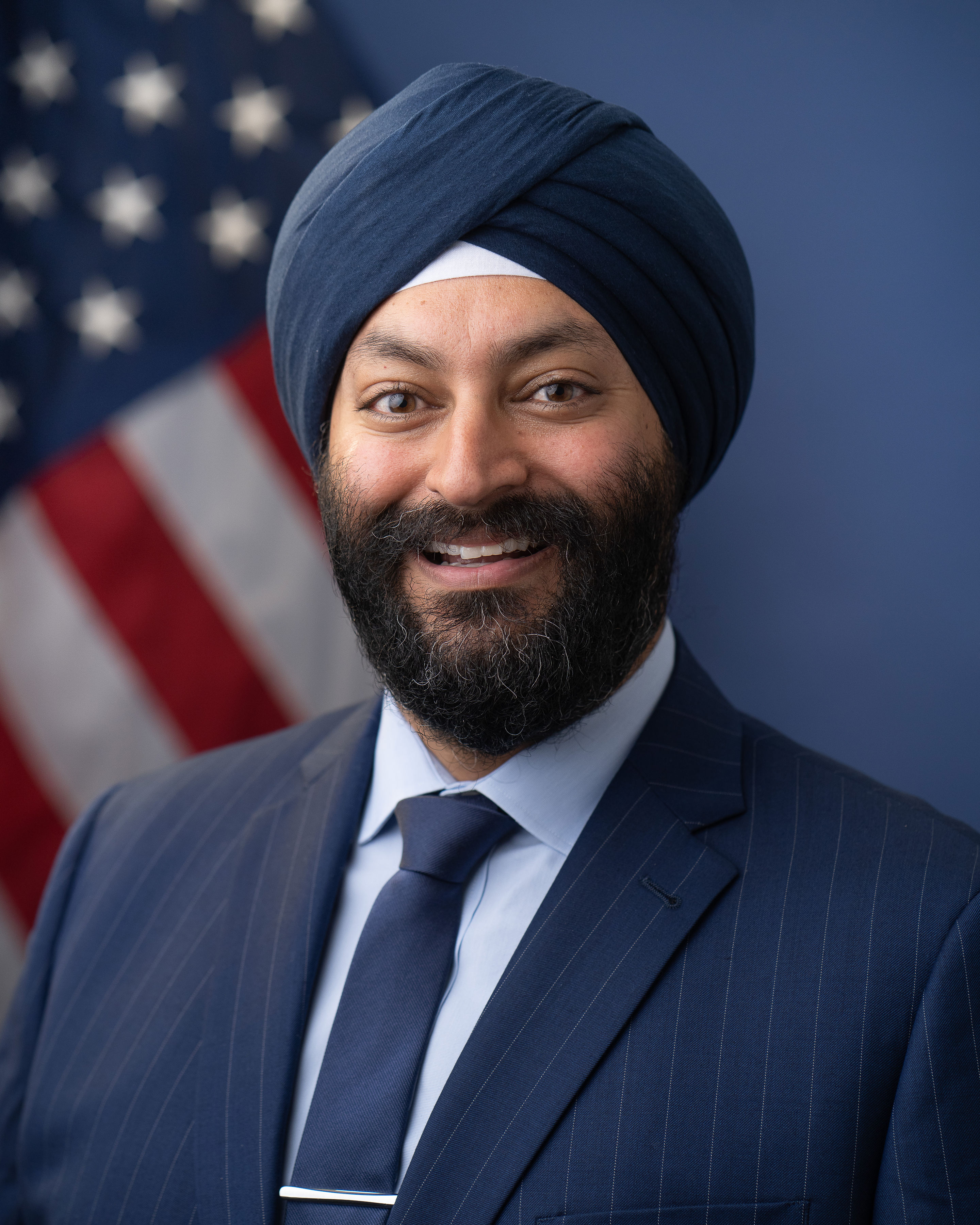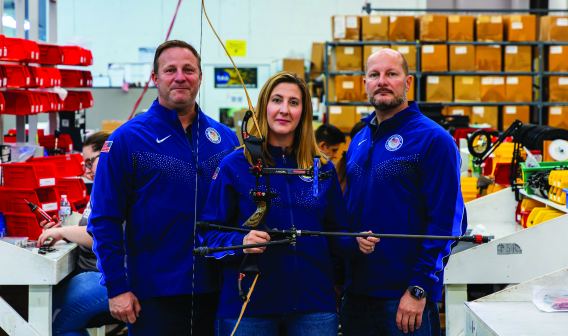As you know, through VEDP we often go on international road shows to tout SelectUSA to foreign companies. There is just such a huge appetite at this moment to invest in America. Our specialists in international markets are experiencing unmatched interest in our services, so it’s really an exciting time to be investing in America.
El Koubi: Give us a sense of how SelectUSA works with states and localities to draw investment. You’re obviously focused on the United States overall, but how do you work with different locations across our diverse country?
Singh: We have two types of clients. Foreign clients who are establishing or expanding their operations in the United States, and we have economic development organizations (EDOs), which include U.S., state, regional, tribal, and local-level organizations.
We support EDOs specifically in a few ways. We provide them with connectivity to international investors through events we host year-round, both domestically and internationally. We also provide EDOs with assistance in navigating the federal government. So, many times, our EDO partners will need information related to any number of topics, maybe workforce development, site selection planning, visas, permitting, or incentives. While SelectUSA doesn’t lead on those topics, we are happy to provide connections.
And third, I mentioned connectivity. The platform we’re best known for is the SelectUSA Investment Summit. This annual summit, which will take place this year June 23–26 just outside of Washington, D.C., brings together our international clients and EDOs all under one roof.
Last year, we had a record-breaking 4,900 participants, which included 2,300 international companies from 83 different markets. And on the EDO side, we have representation from nearly every EDO at the state and territory levels, including 16 governors. This is the single best opportunity for EDOs to gain access directly to international investors. And I routinely hear from EDOs that this is the one event they don’t miss because of the unparalleled lead generation they get.
From an international investor perspective, this summit provides international companies the opportunity to develop and accelerate their strategies with information from industry experts. We have over 100 sessions featuring topics like finance incentives and soft landing programs. These investors can not only meet with the states and territories, but they can take advantage of connecting with accelerators, incubators, and potential funders and partners.
El Koubi: You mentioned that you focus on two different groups, supporting EDOs and other partners in the United States to cultivate FDI, but then also the companies themselves that are considering a location in the U.S. How do you do that?
Singh: We focus on providing our clients with actionable information that can assist a company’s business operations in the United States. We have off-the-shelf products available on our website 24/7, such as the SelectUSA Investor Guide, a first-step resource for a company that’s interested in making a U.S. business investment.
Our website features market fact sheets, which provide overviews on specific industries within markets, states, and territories, and state-specific data on industry investment trends and clusters at the state and local levels. When a company is at the right stage, we also provide customized reports that are geared toward helping them with site selection. These reports offer data on elements relevant to a client’s site selection decisions, like industry clusters, supply chains, workforce availability, operating costs, infrastructure, logistics, regulations, and federal and state resources for businesses to support their decision-making process.
Lastly, just as we do with our EDO clients, we assist our international companies in navigating the U.S. federal system and finding the resources they need to understand the rules and regulations that are relevant to them.
El Koubi: You’ve got this great vantage point where you are overseeing a tremendous amount of activity in the single largest magnet for foreign direct investment in the world, the United States. What are the biggest factors that drive the success or failure of an FDI project or initiative in the United States?
Singh: The factors that lead to success are ultimately based on the decisions made by each individual investor. But from the government side, our priority is to provide the world’s best ecosystem for foreign businesses to thrive here.
International investors choose the United States for many reasons. For some, it’s our access to capital. It’s our stable regulatory framework or our large and diverse consumer market. For others, it’s our educated and skilled workforce, our abundant natural resources, or the fact that we have the best platform from which to export and expand your business globally. If innovation is your driver, the U.S. ranks second in the Global Innovation Index, and we’re a global leader in green technology, R&D, and healthcare.
The average time needed to start a business in the U.S. is four days faster than most OECD nations. It’s for these reasons and more that, for 11 consecutive years, the United States has ranked as the world’s top destination for FDI, reflecting the continued strength and endurance of the U.S. economy.
El Koubi: There’s been a lot of talk about some of the COVID-era federal incentive programs — the CHIPS Act, the Bipartisan Infrastructure Investment and Jobs Act, and others. What sort of effect is this legislation having on foreign direct investment activity?
Singh: In terms of metrics, the U.S. Department of Commerce recently announced that SelectUSA had crossed $200 billion in client-verified foreign direct investments, supporting more than 200,000 jobs since our inception. Just this past fiscal year, we facilitated more than $55 billion in FDI, supporting more than 35,000 American jobs. That tells you the dynamic effect these legislations have had.
At SelectUSA, we are especially supportive of companies in critical industries such as clean tech and semiconductors to bring their businesses to America and address supply chain demands. SelectUSA has helped facilitate 14 semiconductor investments worth almost $30 billion, resulting in nearly 5,000 jobs. And Taiwanese Semiconductor Manufacturing Company Limited was supported by SelectUSA in their $18 billion expansion in Arizona on top of their previously announced investment of $12 billion. This is just a prime example of our ability to address critical industries.
On the clean tech side, SelectUSA has helped facilitate 39 investments worth over $21 billion, supporting nearly 20,000 jobs. We supported an Italian renewable company called Enel, which announced it’s investing $1 billion to open a 6-gigawatt factory in Oklahoma expected to create 1,000 jobs. These investments tell a story of how this historic legislation has been instrumental in attracting important investments across the country.





